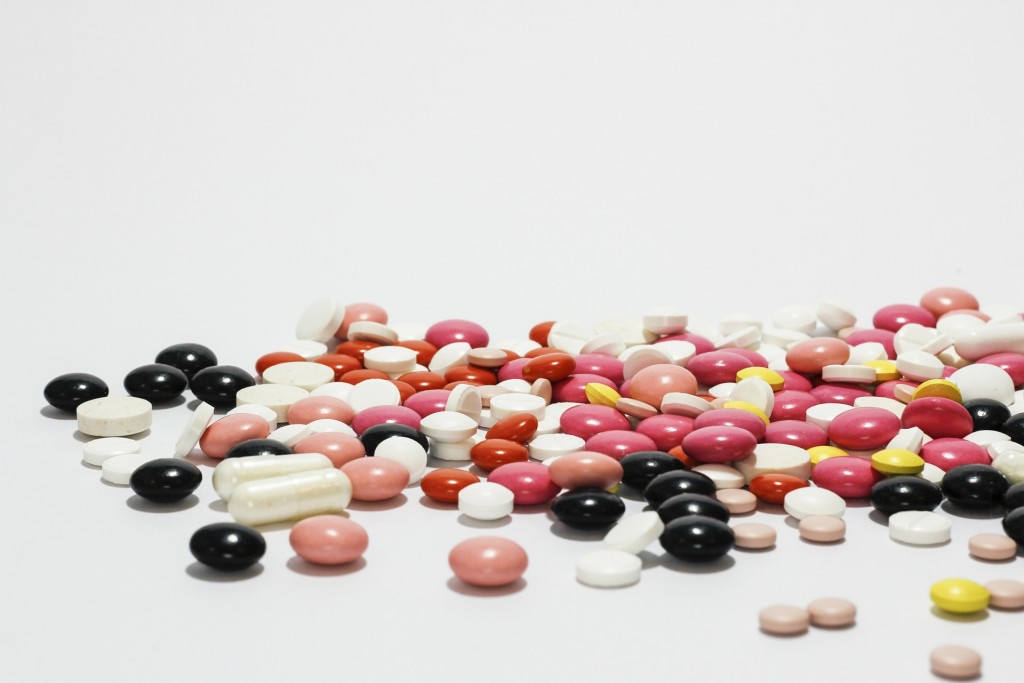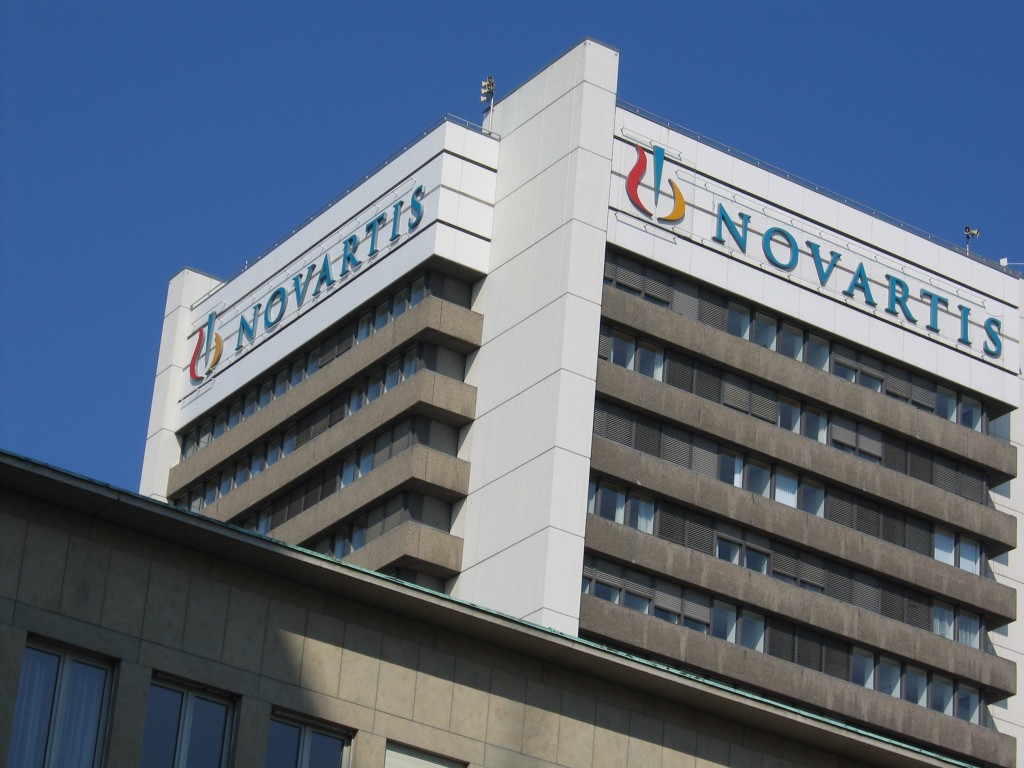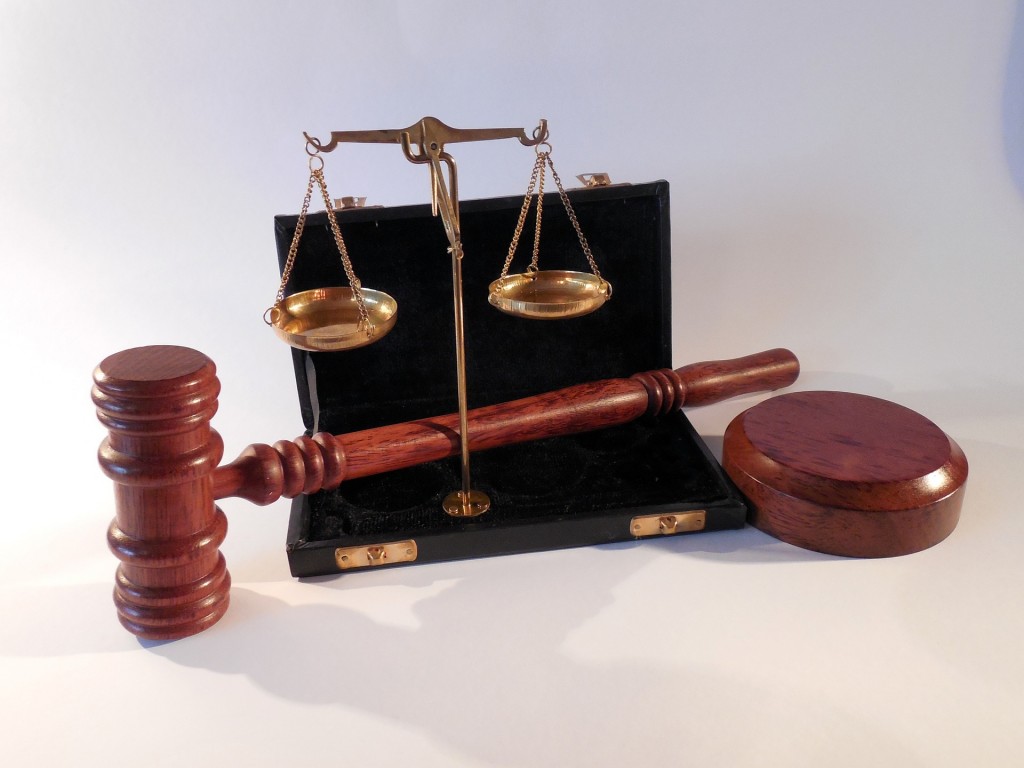If you’ve been following the pharmaceutical industry over the past decade, you must be familiar with all the settlements taking place. It seems that “big pharma” needs stronger enforcement to deter them from breaking the law and defrauding federal and state health programs. It seems that for pharmaceutical companies, breaking the law has just become a cost of doing business that American consumers and taxpayers are footing the bill for.
Novartis Pharmaceuticals Corporation (NPC)—they’ve been in the news quite a bit. NPC is a pharmaceutical company based out of Switzerland who has come under scrutiny amid allegations of a 10-year long kickback scheme. On the ‘About Us’ page on their website, NPC states that they “do business responsibly and we adhere to the highest ethical standards as outlined in the Novartis Code of Conduct,” however, their history of allegedly engaging in kickback schemes might beg to differ.
Novartis’ recent storm
Most recently, Novartis is in the news due to the recent filing by the US Attorney Office in the Southern District of New York. An internal whistleblower, and now the U.S. Department of Justice, claim that Novartis held ‘sham’ events that had no educational value but were billed as such. The DOJ asserts, “NPC is liable for engaging in a nationwide kickback scheme, spanning 10 years, to induce doctors to write prescriptions for certain of its cardiovascular drugs”. Cardiovascular drugs Valturna and Lotrel were among the drugs boosted, as well as diabetic medication, Starlix.
The DOJ is asking for documents related to these promotional events including, “the receipts, sign-in sheets, and educational materials allegedly used for these events”. The government has identified thousands of events to be shams—79,623 sham events to be exact. The company spent up to $10,000 for meals at notable expensive restaurants such as Nobu, and also at noisy dining places without private rooms, such as Hooters.
“NPC frequently provided lavish meals to attendees that were unreasonably excessive in cost,” the Honorable Judge Paul G. Gardephe wrote in the filing last month. It is alleged that during these meetings, medications were either barely talked about, or not talked about at all between drug representatives and doctors. Often, the same doctors would attend the same events over and over. In some cases, the supposed events never even took place even though the doctors were still paid as if the events had occurred.
These documents, which NPC is fighting to hand over to the DOJ, are of significance in proving the DA’s case. Prosecutors want to find out if any of the “underlying documentation shows a particular event actually took place,” so that they can determine “whether the NPC defrauded federal health care programs of hundreds of millions of dollars by systematically providing inducements to doctors across the country, for a decade.”
Repeat offender

In last two decades, we have seen many large name pharmaceutical companies get hit with huge fines for bending rules and breaking laws. And it seems that no matter how large the fine, these companies are willing to do the same illegal acts over and over again.
Novartis is no different. In March of this year, NPC agreed to pay $25 million to settle bribery charges in China. Novartis is now under investigation in Turkey, and officials in South Korea raided their offices earlier this year amid allegations.
This comes on the heels of last year when Novartis paid $390 million to settle another round of kickback allegations. That time, the kickbacks were in the form of discounts and rebates for its transplant drug Myfortic and an iron chelation therapy called Exjade.
Before that kickback settlement, Novartis settled another kickback allegation in 2010. This $422 million settlement was for kickback accusations concerning their blood pressure medications Diovan, Exforge, and Tekturna. With this 2010 settlement, Novartis also had to sign a 5-year corporate integrity agreement that was to ensure that they avoided this sort of behavior in the future. The DOJ contends that this agreement was violated and that Novartis should now be subject to stricter penalties.
Cracking down on Big Pharma
A new report on pharmaceutical industry settlements has found that even though pharmaceutical companies are still breaking the law, there has been a decline in the number of settlements and the amount of settlements over the past few years. The group that authored the report, Public Citizen, has called for tougher sentences and prisons sentencing to help deter the illegal activities that these companies have made part of their business model.
Novartis is not the only repeat offender, nor the biggest name. Over the 25-year study period, Pfizer and GlaxoSmithKline have paid the most in financial penalties and had the most settlements. Norvatis did, however, come in third place for the most settlements, tying with another company, Bristol-Myers Squibb.
Money drives the pharmaceutical industry, netting profits of $711 billion over one decade (2003-2012). This is much larger than that $35.7 billion that has been paid in penalties over the last quarter century. With numbers like that, it is easy to see why these companies are more than willing to break the law. The fines that these pharmaceutical companies receive, no matter how large, are equivalent to a slap on the wrist. If tougher consequences are not issued to these companies, big pharmaceutical companies will continue to defraud American taxpayers and consumers while making billions—and those same taxpayers and consumers are the ones that will pay the price.


